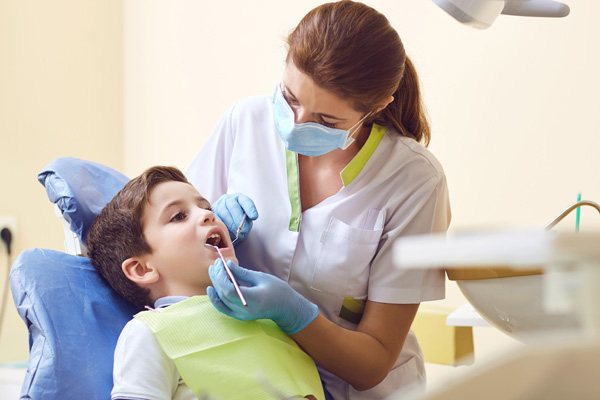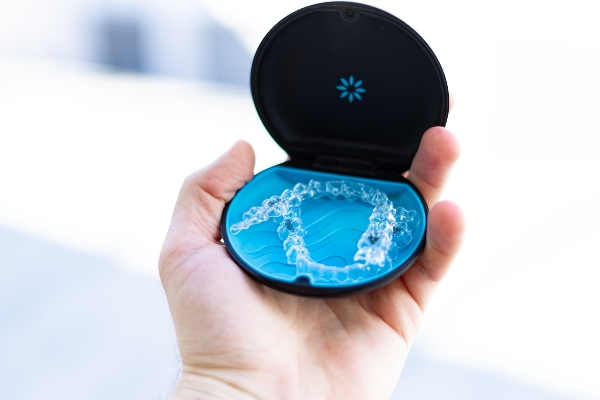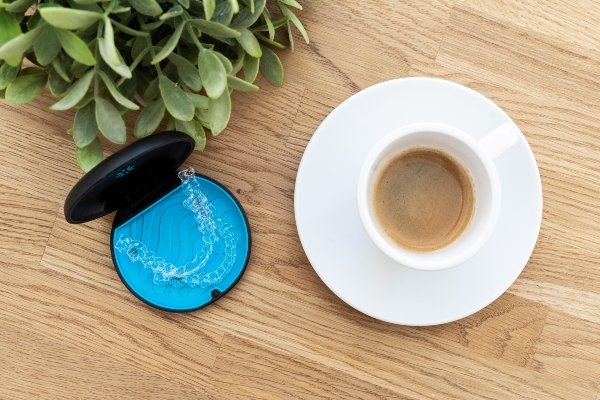 The fact is even adults feel anxious when trying something they have never tried before, like dental sedation. Children are no different, and they tend to feel nervous on the first visit to the dentist. For some children, this dental anxiety continues throughout childhood, and it may be worse for more invasive procedures. In this case, dental sedation can help alleviate anxiety during procedures.
The fact is even adults feel anxious when trying something they have never tried before, like dental sedation. Children are no different, and they tend to feel nervous on the first visit to the dentist. For some children, this dental anxiety continues throughout childhood, and it may be worse for more invasive procedures. In this case, dental sedation can help alleviate anxiety during procedures.
Sedation for dealing with dental anxiety in pediatric dentistry
This review discusses dental sedation to help alleviate dental anxiety in pediatric dentistry, highlighting what children’s dental anxiety is exactly, how sedation is used in pediatric dentistry, and when it might be recommended.
What is children’s dental anxiety?
Children’s dental anxiety is an often irrational fear of visiting the pediatric dentist in younger patients. The cause of dental anxiety is different for every child. Common causes include a fear of being judged, fear of pain during procedures, or simply a child that is less comfortable and shy around people they do not know as well. Children’s dental anxiety is usually minor, but it can worsen into a dental phobia or linger into the child’s teenage and adult years if not dealt with at an early age.
What is sedation in pediatric dentistry?
Dental sedation, also called sedation dentistry or sleep dentistry, is the use of medication to help patients relax during dental procedures. There are different types of sedation used in a pediatric dentist's office, which are nitrous oxide, oral sedation, and IV sedation. For pediatric dentists, in particular, nitrous oxide (which is also called “laughing gas”) is preferred as it is safer and not as scary for children with dental anxiety.
When might a dentist recommend sedation for dental anxiety?
Of course, more invasive procedures such as tooth extraction or baby root canal require the use of sedation to help the child feel comfortable during treatment. However, for children with dental anxiety, dental sedation may also be recommended for less invasive procedures as well so that they can feel calm and comfortable during the procedure.
Is sedation safe for children?
Sedation in pediatric dentistry is safe for children when provided by a dental professional. There are some risks associated with sedation, although side effects are rare and typically mild and short-lived when they do occur.
What can my child expect when sedation is used?
Each type of sedation is administered differently. As mentioned, nitrous oxide is the most common type of sedation for children. This involves wearing a dental mask that released nitrous oxide, which produces a calming sensation for the child and may even give them an urge to laugh or feel funny (hence the name).
Call us today for more information or to schedule a visit
Here at our pediatric dental practice, we pride ourselves on creating a fun and welcoming environment for children that helps minimize anxiety. We also offer sedation dentistry as well. To learn more and schedule a visit with our dental team, give us a call at a time that is convenient for you.
Request an appointment or call Precision Orthodontics & Pediatric Dentistry at 703-391-8800 for an appointment in our Reston office.
Recent Posts
Typing pediatric dentist near me on your browser’s search box can be a great start. Research shows that a healthy mouth results in a healthy body. Finding an experienced dental care provider can give your child a good start in life. Here are the details if you want to start an online search for pediatric…
Dental care for children often requires unique approaches tailored to their developing dentition and growing independence, and one type of care that they can receive is pediatric dental X-rays. However, parents often wonder whether exposing young children to X-rays is more harmful than helpful, so it is common to have questions about this type of…
A kid friendly dentist has many important jobs in your child’s oral wellness. Aside from cleaning your child’s teeth at semiannual appointments, the dentist will check on jaw and bite issues. As your son or daughter gets older, the dentist will also check on how the permanent teeth are coming in. There are ways the…


